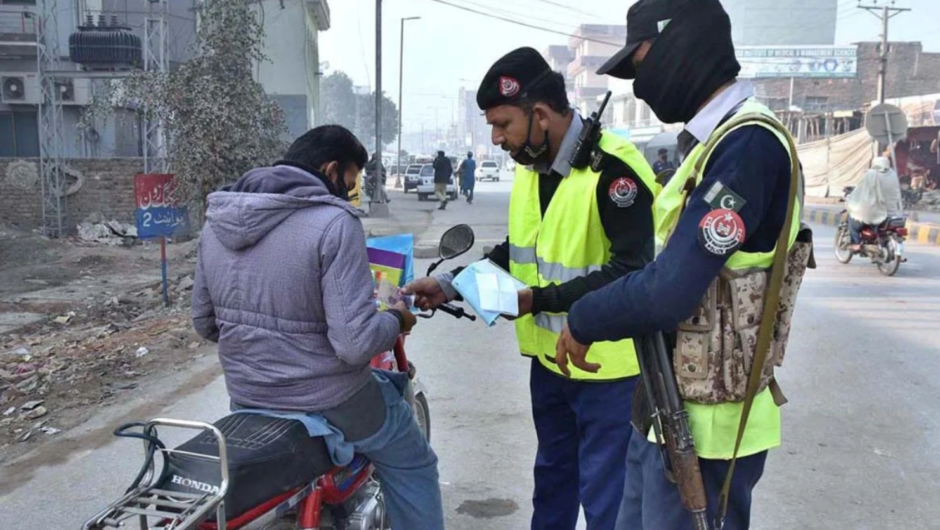The exclusion of Afghan women from a crucial United Nations conference, purportedly to appease the Taliban, has sparked outrage and been labeled as a betrayal by advocates and international observers. This move has profound implications not only for women’s rights in Afghanistan but also for the credibility of global institutions committed to gender equality and human rights.
Background of the Exclusion
The United Nations convened a significant conference aimed at addressing the ongoing crisis in Afghanistan, focusing on humanitarian aid, security, and governance issues. Despite the critical role Afghan women play in these areas, they were notably absent from the conference, raising serious concerns about the inclusivity and effectiveness of the dialogue.
Reaction from Women’s Rights Advocates
Women’s rights advocates worldwide have condemned the decision to exclude Afghan women from the conference. Leading figures in the movement argue that such exclusion undermines the very principles of equality and justice that the UN purports to uphold.
Malalai Joya, a prominent Afghan activist, stated, “Excluding Afghan women from this conference is not just an oversight; it is a deliberate act of erasure. It sends a message that our voices and experiences do not matter.”
Heather Barr, Co-Director of the Women’s Rights Division at Human Rights Watch, echoed this sentiment: “The international community’s willingness to sideline Afghan women to appease the Taliban is a betrayal of the promises made to support and empower women in Afghanistan.”
Impact on Afghan Women
Afghan women have been at the forefront of efforts to rebuild their country, often in the face of severe repression and violence. Their exclusion from this conference negates their contributions and perpetuates a cycle of marginalization.
Educational and Economic Impact: The exclusion further jeopardizes the progress made in education and employment for Afghan women. Without representation, the specific needs and challenges faced by women are likely to be overlooked in policy-making and aid distribution.
Security and Protection: Afghan women face unique security threats, including targeted violence and discrimination. Their absence from the conversation diminishes the chances of implementing effective measures to protect them.
International Response
The international response has been mixed. Some countries and organizations have expressed disappointment and called for the inclusion of Afghan women in future discussions. Others have remained silent, possibly indicating tacit approval or prioritizing diplomatic relations over human rights.
United States: The U.S. State Department issued a statement urging the UN to ensure the participation of Afghan women in all future engagements. “Excluding half of the population from discussions on their country’s future is unacceptable,” the statement read.
European Union: The EU’s External Action Service also criticized the move, highlighting the necessity of women’s involvement in peace and security processes as outlined in UN Security Council Resolution 1325.
The Taliban’s Influence
The Taliban’s influence on the exclusion cannot be overlooked. Since regaining control of Afghanistan in 2021, the Taliban has imposed severe restrictions on women, including barring them from secondary education and many forms of employment. Their rigid interpretation of Sharia law severely curtails women’s freedoms and rights.
Appeasement Concerns: Some analysts believe the UN’s decision to exclude women was an attempt to maintain diplomatic channels with the Taliban. However, this approach has been criticized as short-sighted and damaging to long-term efforts for peace and stability.
Call to Action
Women’s rights organizations and activists are calling for immediate action to rectify this exclusion and ensure Afghan women have a seat at the table in all future discussions. They argue that sustainable peace and development in Afghanistan are unattainable without the active participation of women.
Women’s Rights Defender’s Collective: A coalition of women’s rights organizations has launched a campaign urging the UN to revisit its decision and include Afghan women in all relevant forums. They are also calling on member states to pressure the UN and the Taliban to respect women’s rights.
Grassroots Mobilization: Afghan women inside the country are organizing at the grassroots level, using social media and other platforms to raise awareness and demand inclusion. Their resilience and determination continue to inspire global solidarity.
The exclusion of Afghan women from a key UN conference, allegedly to appease the Taliban, is a significant setback for women’s rights and global efforts to support gender equality in Afghanistan. It represents a betrayal of the principles of inclusivity and justice and underscores the need for continued advocacy and pressure to ensure that Afghan women are not sidelined in discussions about their country’s future. The international community must stand firm in its commitment to women’s rights and work towards a future where Afghan women can participate fully and equally in shaping their nation’s destiny.
Topics #Afghan #Afghan women #featured #trending pakistan




